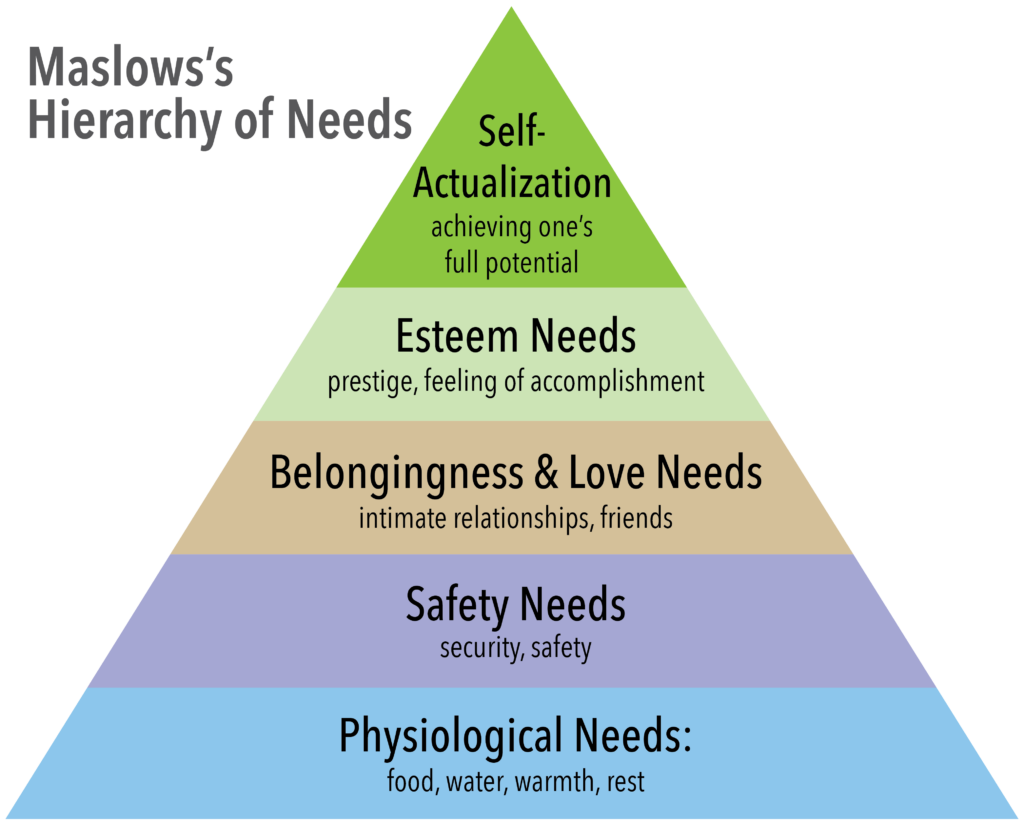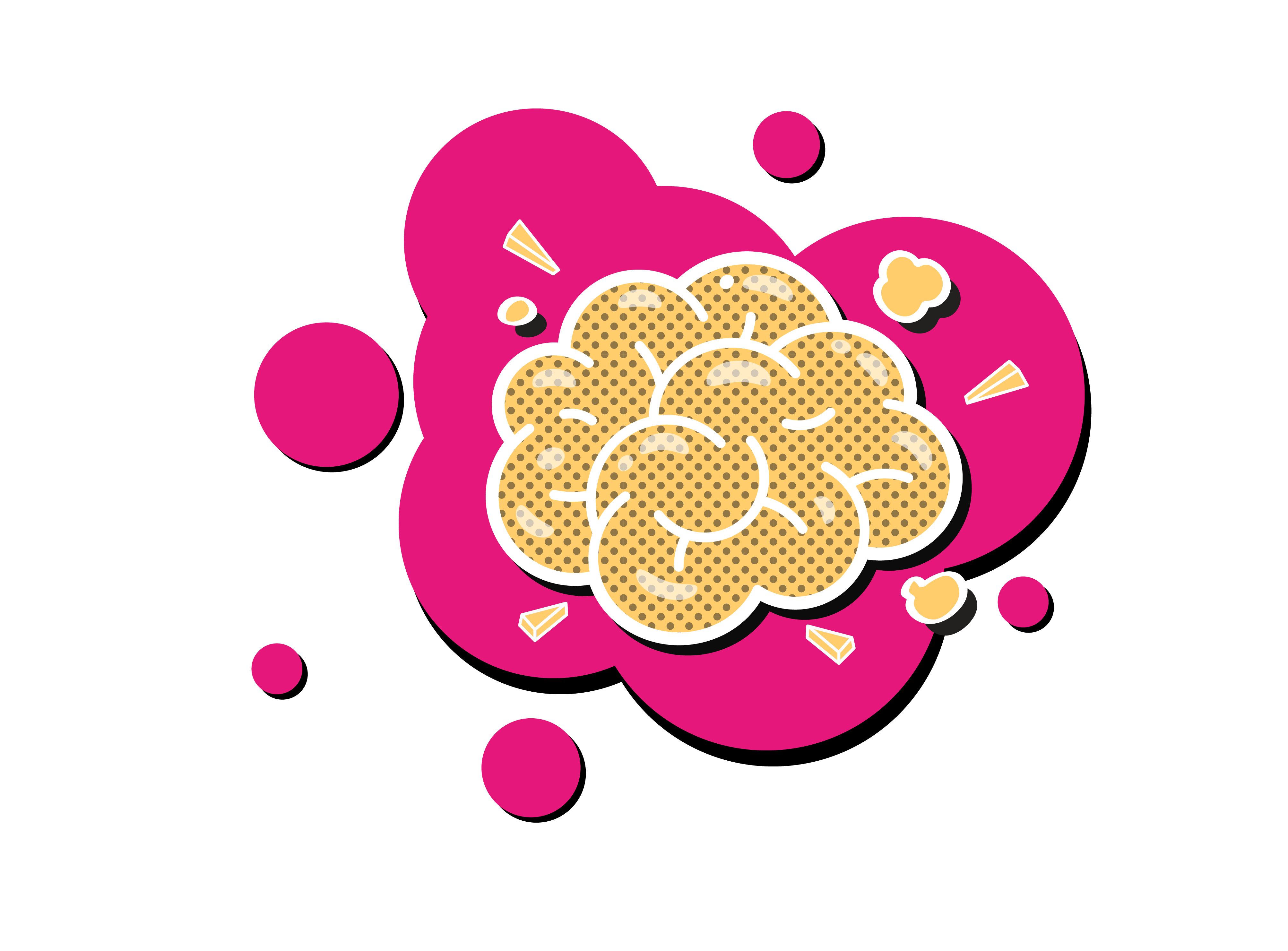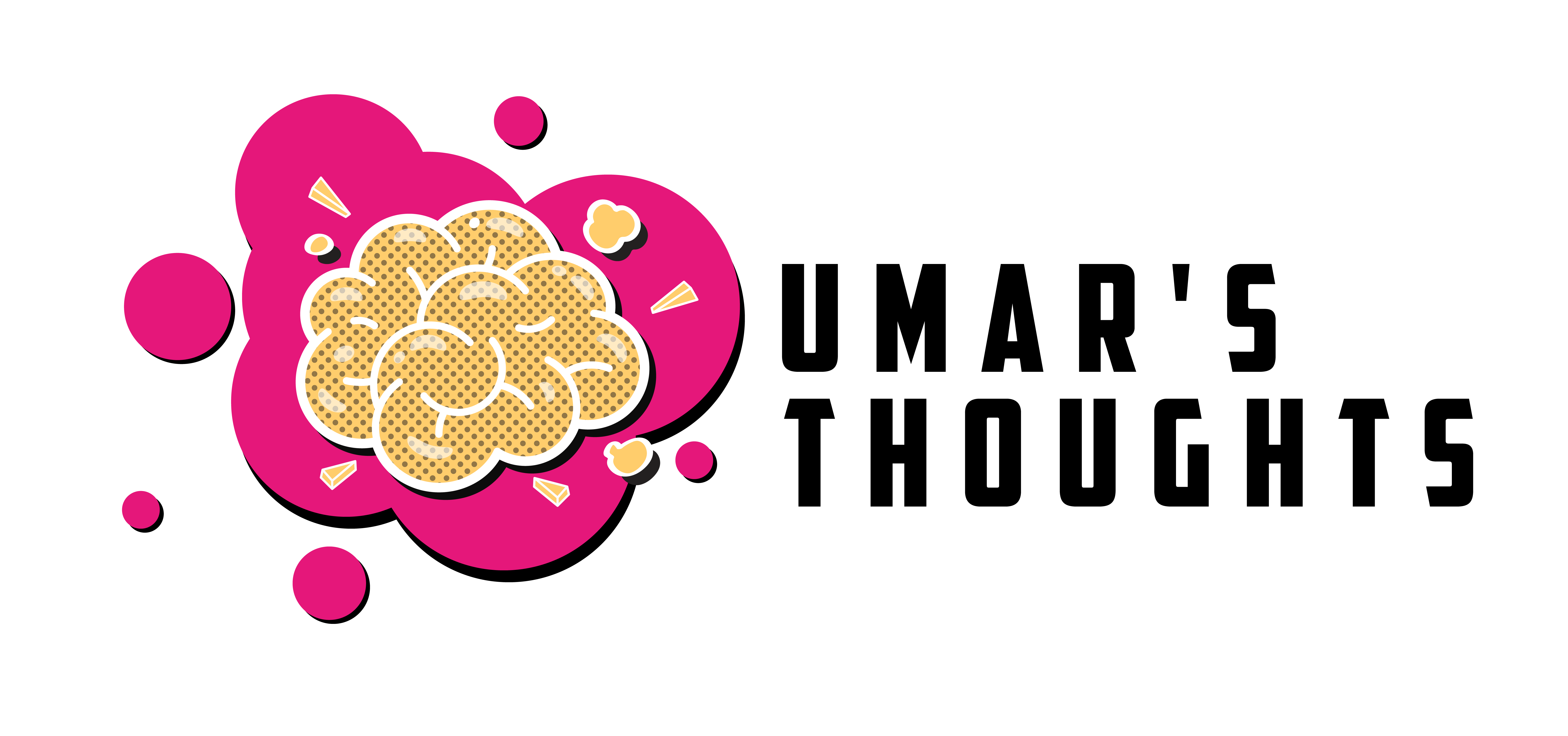Introduction
Have you ever heard someone say, "Don't be emotional; be rational"? Recently, I found myself in a situation where this advice was directed at me. I thought I was making a well-rounded decision that included logic and emotional insight. However, the other party perceived my approach as overly emotional and, in their view, less rational.
This experience made me question common perceptions of rationality. What does it mean to be rational? Is it just about stripping away emotions and focusing solely on facts, or is there a more balanced, nuanced approach? This blog explores these questions by examining the roles of logic, rationality, emotions, ethics, and personal morals in decision-making. Through this exploration, I hope to show how true rationality isn’t about cold calculations alone but involves a fuller, more human-centered approach.
Logic: The Foundation of Rational Thinking
Logic is considered the backbone of any argument, Logic is simply a set of rules that help us figure out if things make sense or not. Logic provides structure and consistency in our reasoning.
Even though we throw the word logic randomly in conversations, logic itself is a huge domain and a complex subject. Let’s discuss some types of logic that are related to our discussion.
Formal Logic
Formal logic is like the mathematical version of logic. It focuses on the structure of arguments rather than their content. It uses symbols, formulas, and rules to analyze reasoning systematically.
Example:
If P (Premise 1: All humans are mortal)
And Q (Premise 2: Socrates is a human)
Then R (Conclusion: Therefore, Socrates is mortal)Informal Logic
Informal logic deals with everyday reasoning and arguments. It’s more about understanding and evaluating real-life discussions.
Any set of non-contradictory statements can be logical. For example the statement "The Earth is flat—not this Earth, but some Earth on another planet" is consistent in its reasoning and does not contradict itself.
However, logic does not guarantee truth or factual accuracy, it only ensures that the reasoning is consistent.
Limitations of Pure Logic
While logic is essential for clear thinking and an important piece of decision making, it has limitations. Logic is objective and follows universal principles, but it cannot contextualize or account for subjective human values. Logic alone doesn’t tell us what we should value or why certain outcomes matter more than others.
"Logic is the beginning of wisdom, not the end." — Leonard Nimoy as Spock
Spock’s statement reminds us that while logic is foundational for wisdom, it alone does not encompass the full range of human understanding.
To help you visualize it more let’s ask ourselves a question.
Imagine we are going on a road and a robber comes to us and points a gun to our head and asks us to give them everything what would logic do here? There are no equations in which we can fill out the values and get the answer directly to resolve this situation.
Rationality: Applying Logic to Real Life
Now we are familiar with logic, let’s try to understand what is rationality. So simply rationality takes logic and applies it to real-life situations. It involves not just adhering to logical rules but integrating other factors, like emotions, ethics, and context, to make decisions that reflect our values and serve our long-term goals(can be monetary, spiritual or whatever). In this way, rationality differs from logic, as it is not bound by strict rules but adapts to the unique demands of each situation.
Example: Imagine an employee facing an ethical dilemma at work: whether to report misconduct or remain silent to protect their position. Logic alone might suggest self-preservation, but rationality considers ethical responsibilities, potential long-term effects, and emotional consequences, leading to a decision that aligns with goal of the employee.
Rationality, therefore, expands upon logic, using it as a foundation but going beyond to make decisions that are both personally meaningful and contextually appropriate.
Emotionality: The Heart of Rational Decisions
Emotions are often viewed as irrational and clouding our judgment. But emotions serve an essential function by helping us recognize what we care about and motivating us to act. Ignoring emotions can lead to decisions that feel hollow or cause internal conflict.
David Hume captured this idea when he said,
“Reason is, and ought only to be the slave of the passions.” — David Hume
Hume’s insight suggests that while logic (reason) is a powerful tool, it’s our values, emotions, and personal concerns that guide our decisions toward meaningful outcomes.
Emotions can signal our deepest values. For instance, the sadness of losing a friend or the joy of spending time with family highlights their importance to us. Emotions guide us toward choices that align with what truly matters, helping us prioritize relationships and personal goals.
Integrating Emotions into Rational Decisions
Rationality that incorporates emotions leads to decisions that resonate with both logical and emotional needs. Ignoring emotions can result in choices that, while logically sound, lack personal satisfaction.
Example: Choosing to support a friend during a difficult time, even if it requires personal sacrifice, aligns with emotional values and builds meaningful relationships. This decision may seem irrational from a purely self-interested perspective, but it is rational in the context of emotional and relational fulfillment.
Antonio Damasio’s Somatic Marker Hypothesis suggests that emotions serve as “somatic markers” that guide decision-making by linking past experiences to intuitive feelings. According to Damasio, these markers help us assess options by evoking positive or negative feelings, making emotions integral to rationality. Emotions are not barriers to rational decisions; they are essential for making choices that feel right and fulfill our personal values.
Ethics: The Moral Compass for Rationality
Ethics provides guidelines for determining right from wrong, ensuring that our decisions consider not only personal gain but also respect for others. Ethics connects our decisions to broader responsibilities, encouraging us to make choices that positively impact society.
Why Rationality Needs Ethics
Rationality guided by ethics considers the long-term consequences of our actions and respects the well-being of others. Without ethics, rationality could justify actions that are logical but morally harmful like killing somebody for personal gain or doing a selfish act that might lead to personal goals but harm others.
Immanuel Kant’s Categorical Imperative teaches us to act only in ways we would want to become universal laws. This principle reminds us that rational decisions should consider fairness and respect for others, reinforcing the ethical dimension of rationality.
“Act only according to that maxim whereby you can at the same time will that it should become a universal law.” — Immanuel Kant
Kant’s imperative emphasizes ethical consistency, suggesting that true rationality aligns with principles that promote justice and respect.
Rationality Beyond Self-Interest: Selfishness and Desperation
We see many individuals in our society who claim to be rational but their self-centered rationality focuses only on individual gain and can lead to decisions that prioritize short-term benefits over long-term well-being. But short term benefits are also good right? Yes as but this limited form of rationality often fails to consider the broader impact of choices, leading to actions that may ultimately harm others or oneself. Desperation often clouds rationality.
For example, someone might stay in a toxic relationship due to fear of being alone. While this decision may seem logical in the short term, it ultimately undermines well-being and reflects a lack of self-worth.
Note: There could be many reasons and internal external factors involved in the above example but fear of loneliness could be one of them that’s being used here as an example.
The Influence of Needs on Rationality
But why do people make selfish decisions under the mask of rationality?
This is again a really complex question and could have multiple factors involved. One factor that I’ve noticed and want to emphasize is personal needs that cloud the rationality to rationalize self-interest to the point where it can even harm others.
Overview of Maslow’s Hierarchy of Needs
Maslow's hierarchy of needs is a theory that explains human motivation by organizing needs into five categories:
- Physiological needs: The most basic needs, such as food, water, and shelter
- Safety needs: The need for security in areas like employment, health, resources, and family morality
- Love and belonging needs: The need to feel accepted and understood by others, and to belong to a group
- Esteem needs: The need to feel respected, gain status, and receive recognition
- Self-actualization needs: The need to reach one's full potential

While Maslow's hierarchy is often represented as a pyramid, it is not a strict progression. Lower needs generally take precedence, but higher needs can still influence behavior even when lower needs are unmet. One can have love and belonging needs even when their esteem needs are being fulfilled and they have a respected community.
Maslow’s hierarchy can explain that our motivations shift as different needs are met, affecting how we approach decisions. When basic needs are secure, rational choices may prioritize relationships, personal growth, or self-fulfillment. When our foundational needs are satisfied, our rational decisions often shift to focus on higher needs, such as emotional fulfillment or self-actualization. Rationality, therefore, adapts based on our evolving motivations and goals.
Example: Imagine someone who turns down a high-paying job offer to stay closer to family and friends. While this decision may seem irrational from a purely financial perspective, it is rational if emotional well-being and relationships are highly valued.
Solution?
I believe that the solution to this complex problem can be creating and adhering to personal morals that foster integrity, self-respect, and collective goodness, helping us make choices that resonate with who we are. Decisions that align with personal morals often bring a sense of fulfillment, reducing regret and building a strong sense of identity.
In my opinion, true rationality harmonizes logic, emotions, ethics, and personal morals, creating a decision-making process that respects the full range of human experience. By integrating these elements, we create choices that are compassionate, meaningful, and aligned with our values.
True rationality isn’t about suppressing emotions or adhering strictly to logic. It’s about creating harmony among all aspects of the self, leading to decisions that are both effective and deeply authentic. By embracing this holistic approach, we develop a form of rationality that respects the complexity of human life.
Conclusion
Rationality is more than just cold logic or emotion-free calculation. It involves integrating logic, emotions, ethics, and personal morals to create decisions that are balanced and aligned with our true selves.
Rationality with a soul embraces the full range of human experience, allowing us to live in alignment with our values and connect meaningfully with others. It reminds us that true rationality is not about distancing ourselves from emotions but about honoring them alongside our ethical principles and personal beliefs.
As you navigate your own decisions, consider reflecting on your values and how each decision aligns with your logic, emotions, ethics, and morals. This approach will help you make choices that feel right and resonate on a deeper level, embodying a rationality that’s compassionate and genuinely human.
Note: I do not claim to be an expert on these matters. As a student of knowledge, I am simply sharing my thoughts. I welcome differing opinions and encourage constructive criticism, as such exchanges often lead to deeper understanding and fresh perspectives.
Note2: The purpose of this blog is not to emphasize emotionality, as excessive emotionality too can cloud judgment. Instead, it aims to explore how different scenarios involve various factors, and why decisions are not always binary.


Leave a Comment